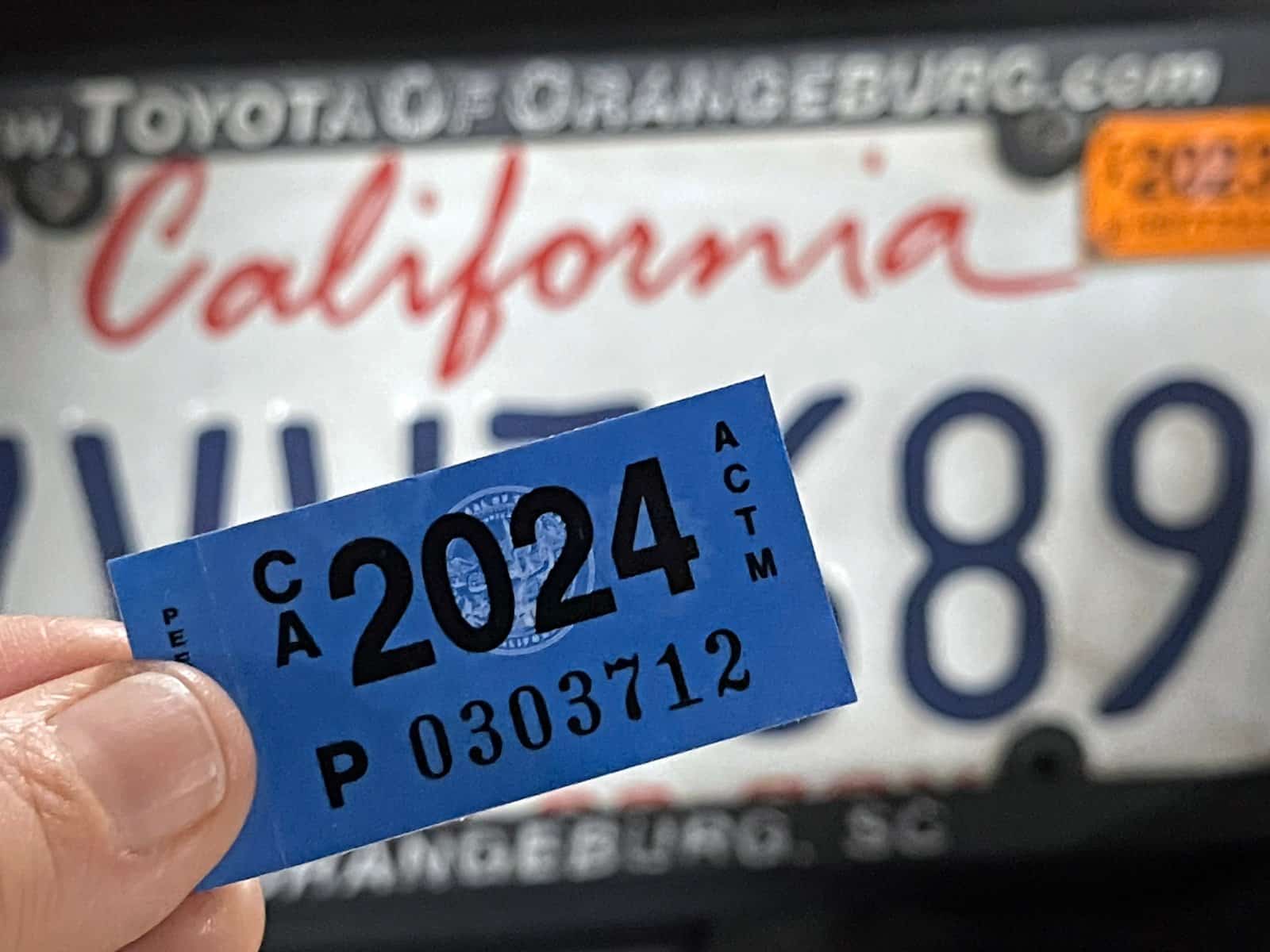The world’s biggest e-commerce company landed in hot water after a recent investigation of two Amazon warehouses in California.
Million-Dollar Fine

Amazon was fined $5.9 million due to alleged labor law violations at two warehouses in California, according to a statement from the state’s Labor Commissioner’s Office on Tuesday.
Two Amazon Warehouses Investigated

During an investigation of two Amazon warehouses in Moreno Valley and Redlands, the labor office found that the e-commerce giant had found 59,017 labor law violations.
$100 Penalty Per Violation

The investigation began in September 2022 and all violations were documented over a 5-month period. Since warehouse safety laws dictate a maximum $100 penalty for violations,
Violating the Warehouse Quotas Law

Specifically, the company had violated the Warehouse Quotas law, which was instated in 2022 to crack down on oppressive warehouse quotas used to boost productivity, potentially at the expense of workers’ physical and mental health.
Limitations on Oppressive Quotas

The Quotas law was created to limit quotas “that prevent compliance with meal or rest periods, use of bathroom facilities, or compliance with occupational health and safety laws.” It also focuses on quotas which require that “work that must be performed at a specified speed or the worker suffers discipline,” according to the commissioner’s statement.
Written Notice Required

The law also requires employers to provide all warehouse employees with explicit written notice that explains what productivity quotas they are expected to meet during their shifts.
Details Needed

These quota notices must include “the number of tasks they need to perform per hour and any discipline that could come from not meeting the quota.” This is where Amazon allegedly slipped up.
Failure to Comply

State officials went on to explain that Amazon had failed to provide these written notices, resulting in thousands of individual violations.
“Peer-to-Peer Evaluation System”

Instead, the company defended its decision to ignore state law based on a “peer-to-peer evaluation system,” that they argued made quotas obsolete.
A System They Want to Prevent

However, lawmakers slammed Amazon’s defense. Labor Commissioner Lilia Garcia-Brower pointed to the evaluation system as “exactly the kind of system that the Warehouse Quotas law was put in place to prevent.”
Consequences of These Quotas

The Commissioner’s office also pointed to undisclosed quotas and internal evaluation systems as potential causes for higher-than-normal injury rates and subsequent violations that can result when workers feel pressured to skip breaks.
Fines for Both Warehouses

Now, Amazon must pay $1.2 million in fines for violations at the Redlands facility and $4.7 million for the Moreno Valley facilities.
Advocacy Group Weighs In

The ruling was defended by the Warehouse Worker Resource Center, an advocacy group based in Southern California that is devoted to improving warehouse working conditions in the state.
Dehumanizing and Stressful

The Resource Center spearheaded a news conference concerning the case on Tuesday. Activist Deogracia Cornelio called the lack of written quota notices “highly dehumanizing” and “stressful.” “It’s stressful. It leads people to have accidents,” she said.
Amazon Denies Allegations

Amazon has stood firm against the allegations, expressing its disagreements with the conclusion reached by the Labor Office and California Department of Industrial Relations,
Disagreement and Appeal

“We disagree with the allegations made in the citations and have appealed,” said spokesperson Maureen Lynch Vogel in an email to reporters. “The truth is, we don’t have fixed quotas.”
Long-Term Evaluation

“At Amazon, individual performance is evaluated over a long period of time, in relation to how the entire site’s team is performing,” she added. “Employees can – and are encouraged to – review their performance whenever they wish.”
Years of Scrutiny

As the second-largest private employer in the US, Amazon has faced a string of criticisms, scrutiny, and legal disputes over allegedly “oppressive” labor conditions and potentially exploitative business practices.
OSHA Violations

The Labor Department’s Occupational Safety and Health Administration has issued numerous citations for safety violations at Amazon facilities, which have been appealed or are in the process of being appealed by the company.
Minimal Fine for Employee Death

OSHA is limited by the size of the fines they can issue. Just last year a 20-year-old employee died from a fatal head injury sustained at an Amazon plant in Indiana. The maximum OSHA penalty was $7,000.
23 Steep Taxes Adding to California Residents’ Burden

California: a place of sunshine, innovation, and, unfortunately, some of the nation’s highest taxes. From LA’s beaches to Silicon Valley’s tech hubs, residents grapple with a maze of state taxes. Here’s a glance at 23 taxes that might surprise both Californians and outsiders. 23 Steep Taxes Adding to California Residents’ Burden
Cash in on Nostalgia: 21 Toys Now Worth a Fortune

Time to dust off the boxes and find that once-cherished toy from your childhood. For collectors and enthusiasts, these items have become valued objects, and they can be worth big bucks – are there any of these in your attic? Cash in on Nostalgia: 21 Toys Now Worth a Fortune
Millennials Don’t Buy These 19 Products Anymore

Millennials are changing consumer habits, quietly replacing once-staple products and traditions. Often criticized for their disruptive preferences, this generation is reshaping the marketplace with digital expertise, ethical buying, and a taste for the unconventional. Millennials Don’t Buy These 19 Products Anymore
Featured Image Credit: Shutterstock / B2GDrone.
The content of this article is for informational purposes only and does not constitute or replace professional financial advice.
